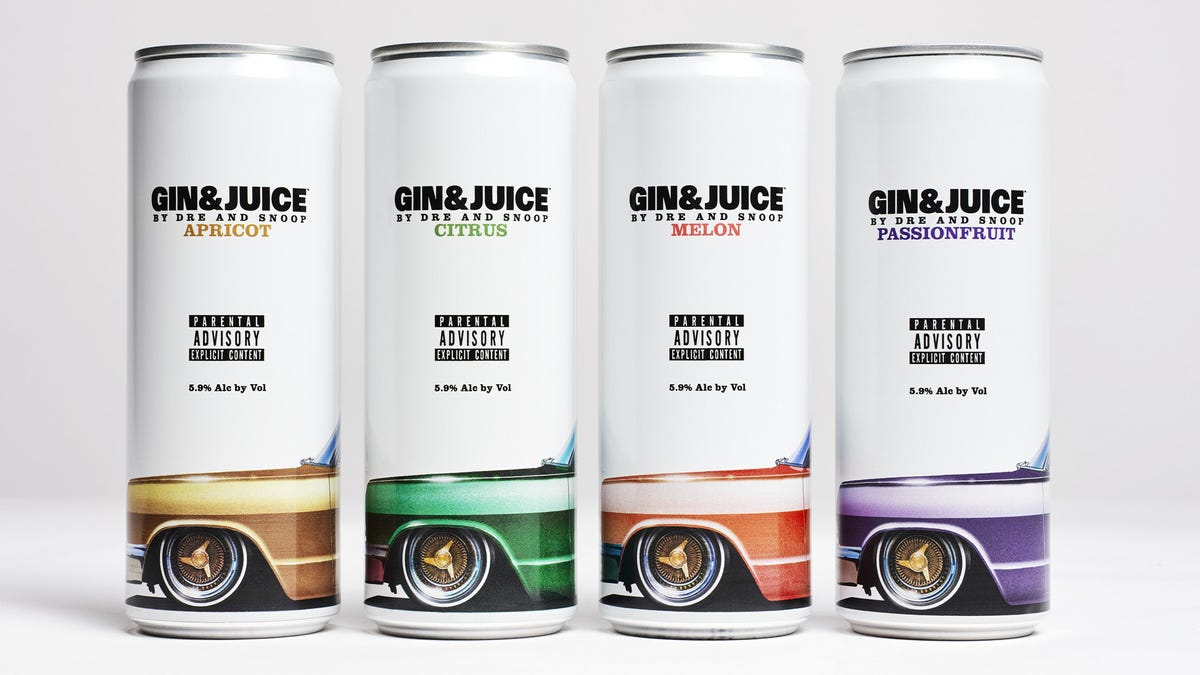Blow Back Beer to the Vanishing Sommelier

This Video is Pretty Wild
Brewer blown backwards by beer blast (video)
An employee of Back Channel Brewing Company in Spring Park, Minnesota, was standing in front of a large vat when it blew him backwards.

The Sommelier is Vanishing
Wine is still poured at many tables. But the dedicated wine professional responsible for selecting and procuring bottles, assembling an intriguing list, training the staff, assessing a table and telling stories that turn otherwise unknown bottles into delicious adventures — those people are rarely strolling the dining room.
For many restaurants, the sommelier is now a luxury, nice to have but expendable in the blunt calculations of the post-pandemic restaurant model. The highest end restaurants seem unaffected — diners at Le Bernardin in New York will still be greeted by a smiling Aldo Sohm and his team of ace sommeliers in their black aprons with silver tastevins.
But underneath dining’s stratospheric level, many serious, wine-oriented restaurants are doing without. Instead, those positions once dedicated to wine are now often hybrids with servers, bartenders or managers handling wine in addition to their other duties. . . .
What’s made the sommelier expendable? The pandemic changed the economics of the restaurant business. Most obvious was a severe labor shortage. Many restaurant professionals, both in kitchens and in dining rooms, chose not to return, having found alternatives to the grueling hours and lack of benefits in restaurant work. Restaurants had to attract workers by raising wages. In many parts of the country, minimum wages rose, too, further increasing costs. Some restaurants even sold off parts or all of their wine inventory.
In addition, supply chain issues and inflation raised the prices of everything, from real estate to ingredients, goods and equipment. And wine itself has risen in price, beginning with the tariffs former President Donald J. Trump imposed on certain European foods and drinks in 2019. The tariffs were removed by President Biden, but prices have continued to rise. The cost of real estate has raised the price of wine storage, and many restaurants have cut back on inventory.
While wine consumption has leveled off in the United States and other parts of the world, the fact that wine is enjoyed globally rather than in just a few countries means demand for good wine remains strong.
Gin in the Hood: Where It Was Always Meant to be
‘Gin and Juice’: Dre, Snoop collab on pre-mixed cocktail 30 years after hit song
Snoop Dogg and Dr. Dre launched a line of cocktails called \



